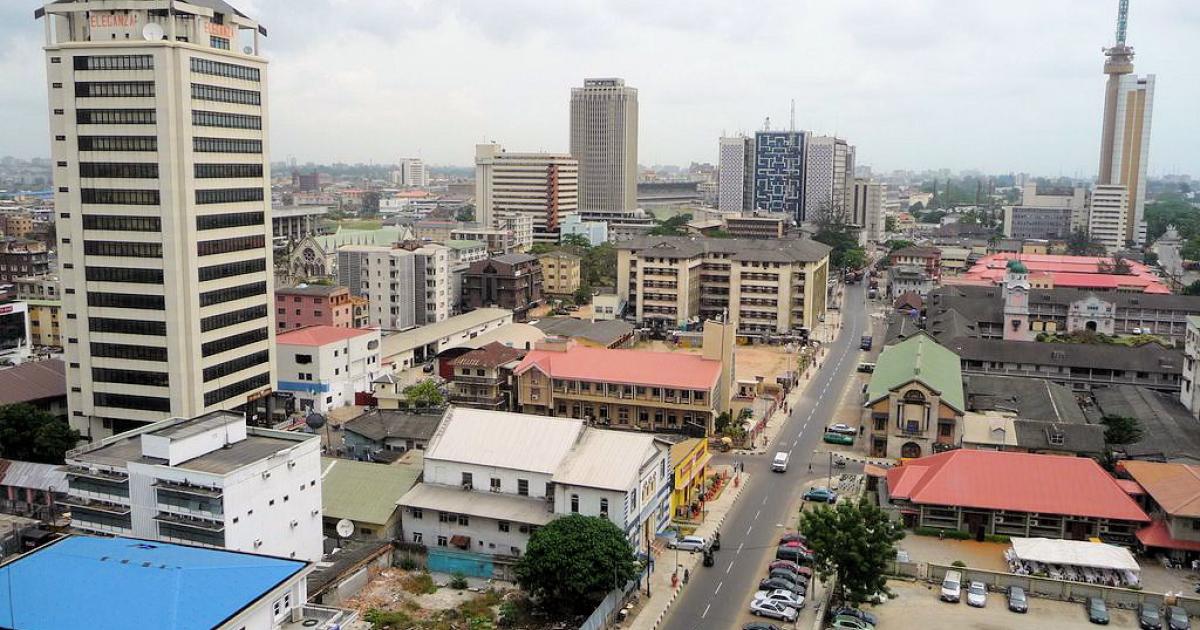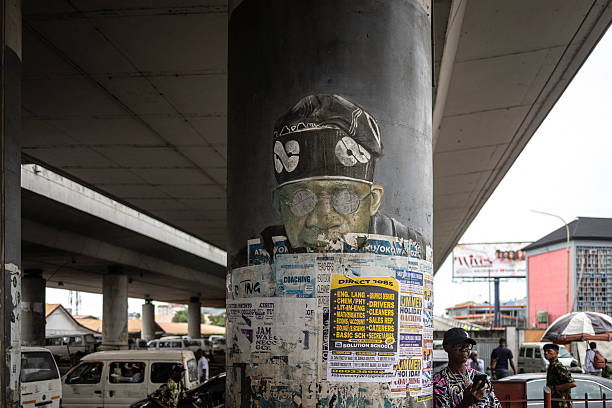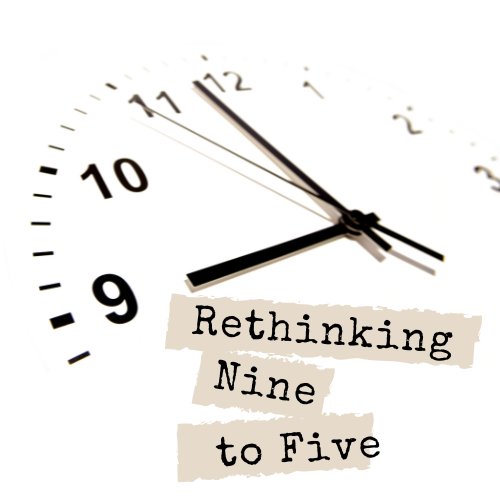Data as the New Oil: The Hidden Economy of African User Data

The Digital Rush for Africa’s Data
Africa’s digital revolution has sparked a new kind of gold rush, only this time, the prize isn’t something you can see or touch. All across the continent, millions of people are getting online for the very first time—mostly through mobile phones, social media, and fintech apps. Every swipe, every message, every digital transaction leaves behind a trail of data. Those trails aren’t just numbers; they reveal how people live, shop, and talk—and that’s worth billions to companies around the world. People love saying “data is the new oil.” In Africa, it really feels like it.

Everyone is after the surge in digital information, from Nairobi's startup scene to the tech hubs in Lagos. The companies like Meta and Google have poured their money into undersea cables, cloud servers, and digital training programs. True, some of this does look generous; it also just secures their position atop Africa's burgeoning data market. Local players aren’t far behind. Mobile money giants like M-Pesa in Kenya, Opay in Nigeria, and Ghana’s MoMo handle huge streams of personal and financial data every day. Even homegrown e-commerce sites and ride-hailing apps are busy building detailed profiles of how people spend, move, and interact.
This explosion of online activity has turned Africa into both a playground for new tech and a frontier for data collection. Here’s the catch: Unlike the U.S. or Europe, where laws like GDPR protect people’s privacy, most African countries are still setting up their own data rules. That leaves a gap. The less-than-savvy relent privacy for convenience, not realizing just how much of their lives they're giving away. In a way, Africa’s growing online population has become a new kind of resource, fuel for targeted ads, algorithm building, and training AI systems.
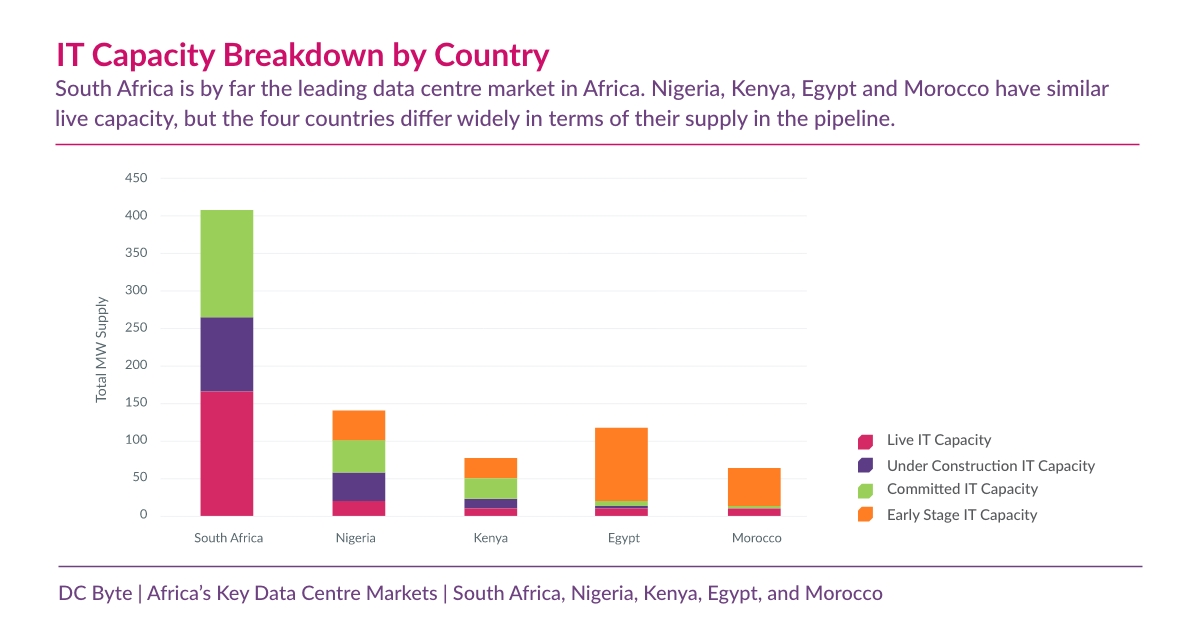
But that is slowly changing. From Cape Town to Cairo, leaders across the continent are beginning to see the significance of data protection. In 2022, the African Union rolled out a Data Policy Framework, which called on countries to take control of how personal data gets used and shared. Kenya, Nigeria, South Africa, they’ve all passed data protection laws, though actually enforcing them is still a work in progress. The real question isn’t whether Africa will benefit from the data boom. It’s whether the continent can shape the rules and make sure it profits on its own terms.
Who really owns Africa’s digital footprints?
Africa’s data is worth a ton, but hardly anyone knows who actually controls it. Picture someone in Accra downloading a “free” app. Feels harmless, right? Except, with a few taps, they've just given away their contacts, their location, maybe even their spending habits, without really knowing it. That information doesn’t just sit on their phone. Companies—usually not African and often based oceans away—grab it, slice it up, and sell it. The people creating all this valuable data rarely benefit.
Honestly, it’s not that different from the old colonial days. Back then, outsiders scooped up Africa’s resources, shipped them off, and made fortunes elsewhere. Today, the raw material isn’t gold or oil, it’s our clicks, our choices, our habits. Global tech giants mine this invisible resource to predict who will buy what, test new ideas, and nudge people's decisions. Meanwhile, developers and businesses from Africa end up shut out of the very data that might ignite innovation back home.
Consent? That’s a mess. Most people don’t read the fine print when they hit “Accept Terms.” Even if they try, privacy policies are dense and confusing. Data literacy is low, so people barely realize what they’ve agreed to. Their personal info becomes a tradeable asset, changing hands behind the scenes.
But things aren’t staying this way. There’s a growing push for “data sovereignty”, the idea that Africans should get to decide where and how their data lives. Take Rwanda: they’re making sure certain data stays within national borders. In Nigeria, the NITDA is building rules so companies actually respect local data laws. These moves might be small, but they matter. They’re early steps toward putting digital wealth back in African hands.
Still, progress is uneven. Some governments get serious about protecting data, but others use tech to spy on citizens or sway elections. Here’s the twist, sometimes, in trying to shield people from corporate abuse, the state just becomes the next big watcher. It’s a new kind of power struggle, and the outcome is still up for grabs.
The Future of Africa’s Data Economy
Africa’s digital future isn’t just about getting people online anymore, it’s about who actually owns the data once they’re there. With over 600 million internet users and a youth population that’s exploding, the continent holds an ocean of digital potential. And let's be real: whoever owns that data gets to shape Africa's markets, politics, and its next big ideas.
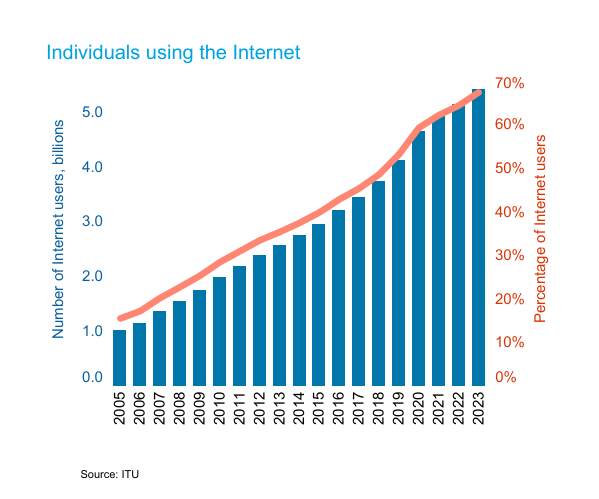
Check out what's happening in places like Nairobi and Cape Town and Lagos; young entrepreneurs there, they're not just building the next big app-they're building African-owned cloud platforms, they're rolling out privacy-focused tools, and training AI on local data, not just imported stuff. South Africa’s Data Prophet, for one, helps factories run smarter using their own numbers. In Nigeria and Kenya, companies like Termii and Ajua use customer data to power up local businesses, so the benefits stay at home instead of flowing overseas. These aren’t just projects. They’re proof that data, when handled right, can actually put Africans first.
Still, there are some real dangers. Without solid rules, Africa risks swapping old school dependence for a digital version. Think about it: data leaks, rigged elections, tech giants swallowing up the small fish. The whole Cambridge Analytica mess in Nigeria and Kenya showed just how fast information can get twisted and weaponized.
So what needs to change? It’s not just about passing new laws, though those matter. People need to actually understand what their data is worth. Schools and the media should treat digital skills like a core part of being a citizen, not just something for techies. Folks have to know what they’re giving up every time they click “accept.” And governments can’t just talk, they’ve got to put money into secure, local infrastructure so data gets stored and processed right here, creating jobs and keeping control where it belongs.
In the end, Africa’s data economy comes down to finding the sweet spot. Openness, yet protection. Innovation, but never at the cost of privacy. Collaborating with the world, yet ensuring locals determine. If Africa plays this smart, its digital footprints turn into a resource that sparks real growth, not just for outsiders, but for Africans themselves. If not, all that data slips away, another missed chance, another story of lost riches.
You may also like...
Workplace Loneliness: How Remote Work Changed Human Connection

Remote work promised freedom but created a new loneliness. Africa’s work culture is losing its sense of connection, do ...
What Is Really Tech? Rethinking Africa’s Everyday Innovation Culture

What does “tech” really mean in Africa? Innovation has to be seen beyond apps and startups, grassroots mechanics and...
P2P Crypto in the Informal Economy: The Unseen Payments Revolution

Peer-to-peer crypto trading is transforming the global informal economy from Africa to Asia as millions bypass banks to ...
Celtic Outrage: Legend Blasts Iheanacho Acquisition, Calls It a 'Mistake'
)
Celtic legend Peter Grant has publicly criticized the club's decision to sign Kelechi Iheanacho, arguing that local tale...
Mbappe's Bold Take: Star Forward Weighs In On Real Madrid vs. PSG & Ronaldo Comparisons
)
Kylian Mbappe has addressed comparisons to Cristiano Ronaldo, acknowledging the legend's unmatchable legacy while assert...
Emotional Echoes: Chloe Zhao and Kore-eda Hirokazu Move Each Other to Tears at Tokyo Festival

Filmmakers Chloe Zhao and Kore-eda Hirokazu shared a deeply personal conversation at the Tokyo International Film Festiv...
Trump Unleashes Praise: President Approves Skydance's Paramount Acquisition and Bari Weiss at CBS News

Donald Trump’s recent 90-minute interview with “60 Minutes” covered a vast array of topics, including his approval of Sk...
West Africa's Literacy Surge: Liberia Champions Education Solutions at Pan-African Summit

Liberia Reads! Association of Literacy Educators (LR!ALE) made a significant impact at the 14th Pan African Literacy for...

